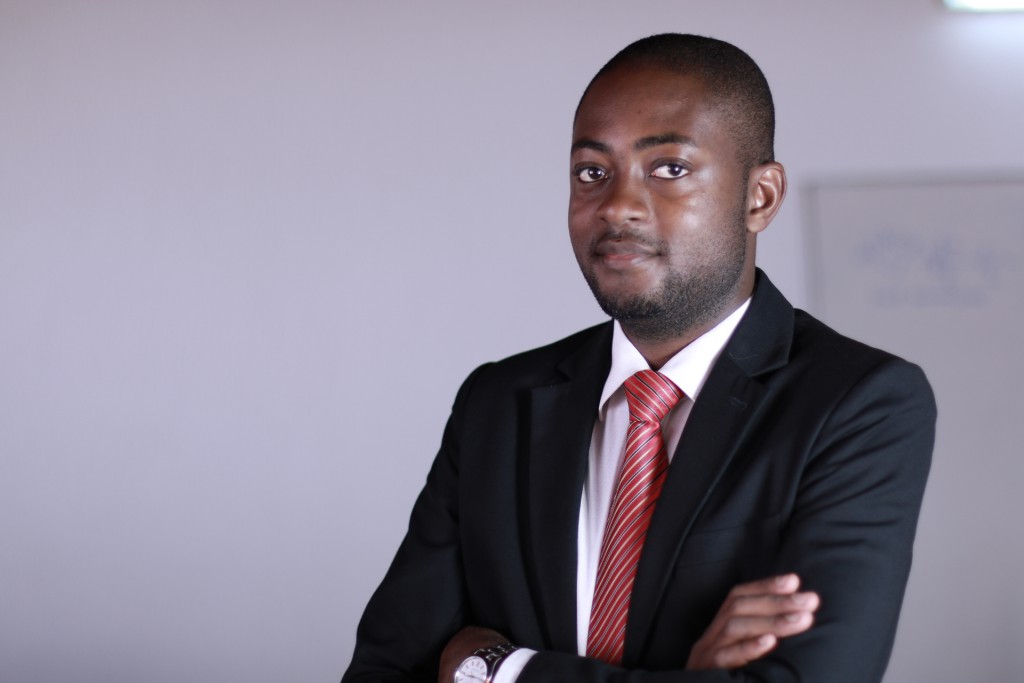Cameroon is home to 22 million people, but only 40 heart surgeons. Of these 40 doctors, most work in the country’s main economic hubs, Douala and Yaoundé. That means
rural patients with heart ailments usually have to travel long distances for their examinations and some have to wait months to even get an appointment.
When 26-year-old Cameroonian computer science engineer, Arthur Zang, learned about this challenge, he set his mind to finding a solution. The result was the Cardiopad – the first fully touch screen medical tablet developed and assembled in Cameroon and in Africa, hosted on Microsoft Azure.
Digitising heart examinations
The Cardiopad enables healthcare workers to perform heart examinations remotely, and transfer the results wirelessly to specialists who can interpret them. It is used as an electrocardiograph device where electrodes are placed on the patient’s chest and the tablet. A digitised heart signal is transmitted via a Bluetooth connection over a mobile network, to a doctor in Cameroon or anywhere in the world who can interpret the results. Software built into the device helps the doctor give a computer-assisted diagnosis. This means patients living in remote, rural areas no longer need to travel to receive medical care.
Finding a solution through online learning, social media and crowdfunding
Arthur has been on quite a journey in the five years since he first envisioned this project. After making it to the semi-finals of Microsoft’s Imagine cup, a student technology competition, he also needed further training, which he managed to get free online through the Indian Institute of Technology. He then needed a further $45 000 to develop the device, using social media to help him find a solution.
With an initial loan of $1300, he built the first prototype. Thanks to a video demonstration posted on Facebook, he caught the attention of Cameroon President, Paul Biya, who gave Arthur’s newly formed company, Himore Medical, $30 000 to manufacture the first 20 devices. That led to him submitting an entry into the Rolex Awards for Enterprise, where he won in the Applied Technology category and received enough funding to produce 100 medical tablets. Most recently, he has used a crowd-funding platform to raise money to begin broad assembly of the tablets.
Cutting medical costs and developing African e-health
Once manufactured, Arthur plans to sell the medical tablets for between $3000 and $3500. This will significantly cut down the cost of heart examinations, as similar, less portable systems cost more than double this amount.
Arthur hopes to expand the range of e-health devices his company produces, to further assist in improving healthcare in Cameroon and across Africa. He also hopes that along with the assembly of the devices, which already takes place in Cameroon, manufacturing will eventually take place locally too.
With several investors showing interest in the Cardiopad, Arthur’s solution has the potential to change rural healthcare. It’s a great example of the innovation coming out of Africa with a little help from technology.





